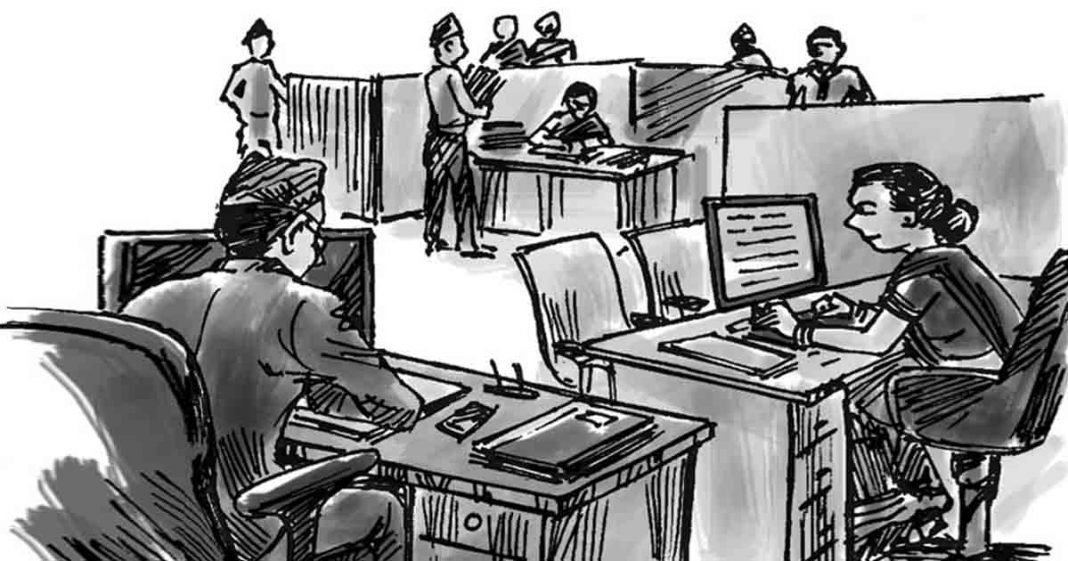Tariq Mahmood Awan
The essence of Pakistan’s constitutional design is enshrined in Article 1, which defines the state as the Islamic Republic of Pakistan , a federal republic. This clause is not ornamental; it establishes the foundational character of the entire Constitution. Every institution, office, and authority derives legitimacy only if it functions within that federal and republican framework. Any amendment that subverts this principle, even if passed by a two-thirds majority, would violate the Constitution’s basic structure and therefore stand void in spirit and effect.
A federation cannot constitutionally sustain a unitary bureaucracy. In parliamentary federalism, the executive authority of the province is exercised by the provincial government in the name of the Governor and is accountable to the provincial assembly. Article 129 confers executive power on the Chief Minister and Cabinet, while Article 137 extends administrative jurisdiction to all subjects within the provincial legislative domain. When federal officers occupy these posts, the constitutional chain of accountability breaks , the bureaucracy becomes answerable to Islamabad instead of the elected provincial government.
Follow Republic Policy on YouTube
The proposed 27th Amendment seeks to formalise this contradiction by giving constitutional cover to an “All Pakistan Service.” Such a move would hollow out provincial autonomy and transform the federation into a de facto unitary state. The Chief Minister’s authority would dissolve, provincial cabinets would become symbolic, and assemblies would lose their power of executive oversight. If civil servants working under the federation are stationed in the provinces, who will hold them accountable? Who will finance them — and under which constitutional provision could salaries of federal officers be charged to provincial consolidated funds? The Constitution contains no such mechanism.
The 18th Amendment was a historic reaffirmation that sovereignty, in a federation, is shared. It restored legislative and administrative rights to provinces, recognising them as equal partners of the federation. To re-centralise authority through a federal bureaucracy would undo that achievement and strike at the heart of Articles 142(c), 240, and 97, which collectively guarantee dual executive spheres. A single, unitary bureaucracy would eliminate those spheres, collapsing Pakistan’s vertical division of power.
Follow Republic Policy on Facebook
Administrative control is inseparable from political control. When a Chief Secretary or Commissioner owes allegiance to the federal establishment rather than the provincial cabinet, governance ceases to be representative. Provincial assemblies could pass laws, but federal officers would implement—or ignore—them at will. This imbalance would erode democratic accountability, foster institutional mistrust, and ultimately paralyse the federation’s cooperative spirit envisioned by the Council of Common Interests and the National Finance Commission.
Follow Republic Policy on TikTok
From a constitutional standpoint, no article can override Article 1 or the basic federal scheme. The Supreme Court of Pakistan has repeatedly upheld that Parliament’s amending power is not unlimited; it cannot alter the state’s foundational identity. Embedding a centralised bureaucracy into the Constitution would be a structural contradiction, turning provincial governments into administrative outposts of the federation.
Follow Republic Policy on Instagram
True federalism requires that each tier of government have its own public service accountable to its legislature. Anything less converts devolution into delegation — a reversal of democratic self-rule. Pakistan’s unity will not come from uniformity but from respecting constitutional diversity. A federal republic governed by a unitary bureaucracy is not a federation at all; it is central rule in disguise.
















